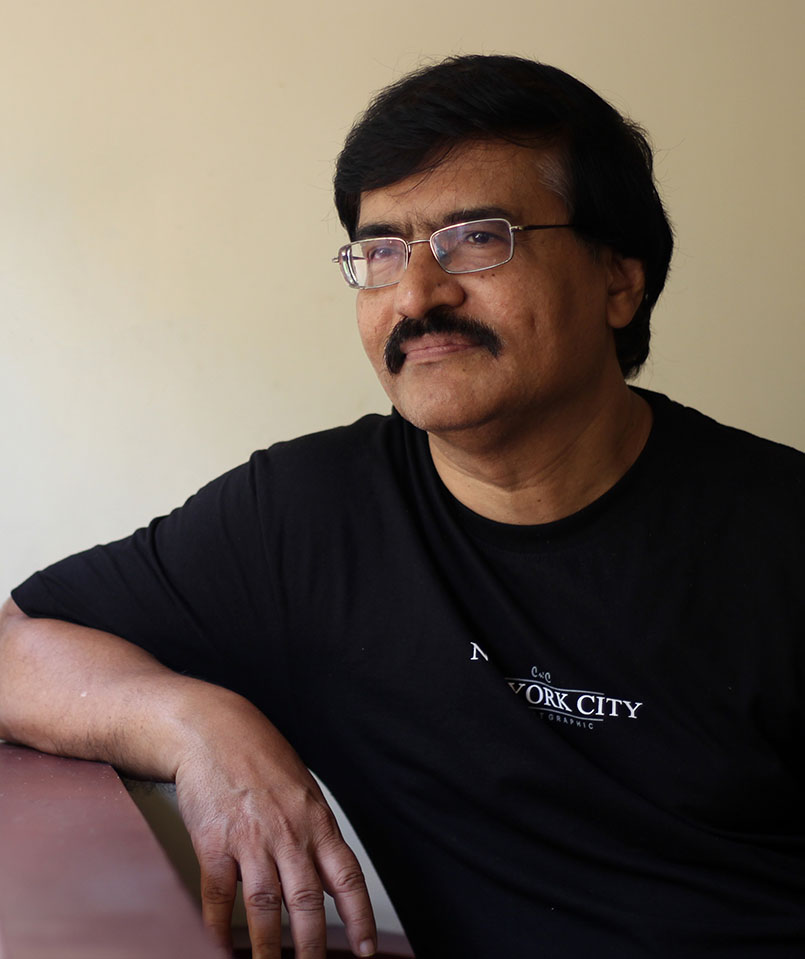–The Holy Bible (Matthew 6:27)
Introduction
It might sound weird. But it is true that many people simply love their worries. Dr. John Schindler, a US Physician, narrates the story of his friend Sam to demonstrate it. Sam had a beautiful oats farm. “I drove past his farm one summer day and I thought to myself, “Those oats ought to make Sam happy.” So I drove in and said, “Sam that is a wonderful field of oats,” and Sam said, “Yes, but the wind will blow it down before I get it cut.” He got it cut all right and got it threshed, and got a good price for it. Well, I saw him one day and I said, “Sam, how did the oats turn out?” And he said, “Oh, it was a good crop, and I guess the price was alright, but you know a crop like that sure takes a lot out of the soil.”” The good doctor says that people like Sam would invariably get a psychosomatic illness. He adds, “…when they get it, they get it hard. As a rule, they are invalids for the rest of their lives. There is nothing you can do about it.”
1. Fear
2. Ignorance
3. Negativism
4. Resentment
5. Greed
Conclusion
The universe does not care whether I live or die. It would not care whether I am happy or sad. But I care. I care that I do not live here forever. I care that I pass through this world only once (at least in the shape and size in which I am in the current life). I care that my anxieties hurt me. I care that my anxieties do not affect anyone else. I care that it is only wise for me to realize the futility of my anxieties. I care that I can change nothing, except ruining my own life, by worrying… Never worry about apocalypse. Ignore all the prophets of doom and the ‘pious’ men predicting the year and day of the end of the world. If the world has to end, it has to end. Period. Man is too insignificant a being in the scheme of the universe. Don’t be a fool to embark up on a mission to stop Armageddon. Take care of your family, your health, your job, your relationships… Life is tough. It is a challenge. But remember death is the only exit gate out of life. So get rid of your worries. Be happy. It is just a short life.














"never worry about burning in the hell"-but i think we should be cautious to attain salvation. i am not so a pious person, but wanted to express my view.
Dear Anonymous,
I thank you for 'expressing your view'. I have not imposed any restrictions on the freedom of readers to express their views, as long as they refrain from using abusive and impolite language. What I write is my view as I understand it now. It is not necessary that it is the only view or even the right view. Our views keep changing as we know more and more.
Turning to your comment: Let me confess that I do not believe that a loving and compassionate God as preached by Jesus would let me burn forever in hell. In fact, I have serious reservations about the existence of hell and heaven as physical realities. (Read my post 'Heaven, Hell and the Doctrine of Karma'). Right here on this earth, some people are already in hell and some in heaven. A stressful heart is hell. A heart filled with love and peace is heaven. The rest is all matters of faith. I refuse to lose my sleep over it when I am already enjoying heaven here….
Think over it…
Regards,
vgkutty
Sir, don't be proud that you are in heaven and be sympathetic and kind to those who have a stressful heart- my humble request.
@Anonymous
Perhaps, even God is helpless when it comes to people who have fallen in love with their hell.
Has anything changed in your life (except for the worse) by living in hell by choosing to carry the burden of a stressful heart?
Thanks.